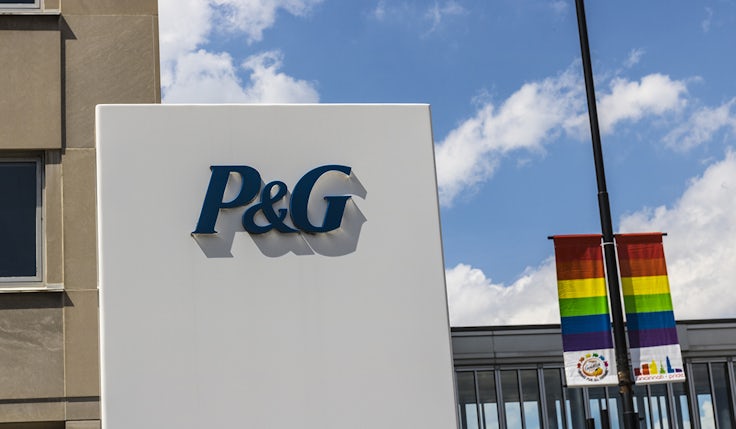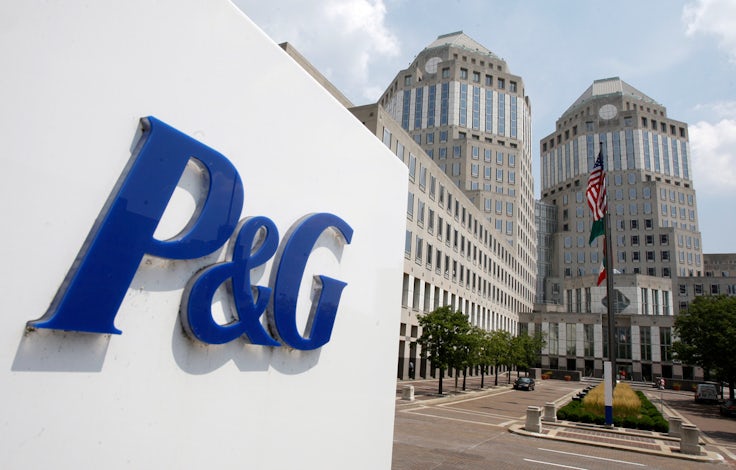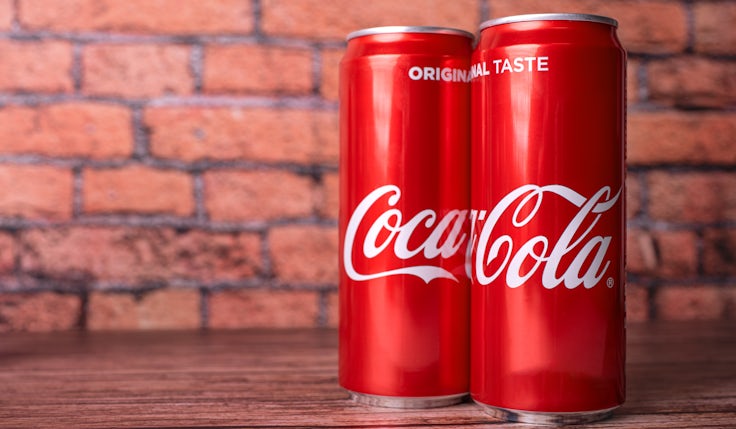P&G’s Marc Pritchard urges marketers to ‘double down’ on creativity amid inflation
Marketing is likely to face “increased scrutiny” as inflation continues to rise to record breaking levels, so marketers must focus on using creativity as a “power for growth”, Pritchard said.
 Procter & Gamble’s chief brand officer Marc Pritchard has implored marketers to “double down” on their “core job” of using creativity to drive brand and business growth amid inflation and the rising cost of living.
Procter & Gamble’s chief brand officer Marc Pritchard has implored marketers to “double down” on their “core job” of using creativity to drive brand and business growth amid inflation and the rising cost of living.
Speaking at the Cannes Lions International Festival of Creativity today (21 June), Pritchard noted that one of the big questions marketers face is how to convince their CEO and CFO that marketing creates value and is worth investing in, as well as the business case for creativity.
These are “particularly relevant” questions in the current economic environment, he said, adding that marketers will “inevitably” face further disruptions and challenges ahead.
“As we continue to face disruptions in the world around us, it may be more important than ever to double down on our core job, our collective priority and responsibility, and the superpower that no other industry has – creativity for growth,” he said.
Pritchard added the “power of creativity for growth” could be considered the marketing industry’s “most fundamental reason for being”.
Why does the creative industry matter? Because there is tremendous value from creativity as a force for growth, and a force for good.
Marc Pritchard, P&G
Creativity-driven growth can also “do good” in this time, he continued, as market growth in turn creates value that can lead to positive social and economic outcomes.
“It’s creativity that makes markets bigger, that inspires innovation to attract new people to markets, that advances economic inclusion where more people benefit through higher incomes, increased wealth and more purchasing power,” he explained.
“When we do our core job of creating value as a force for growth, that in turn gives us the means to be an even broader force for good – in ways that help society and the planet.”
P&G: Communicating brand ‘superiority’ has been key to weathering price increases
Creativity-powered growth
Drawing on examples of creativity-powered growth from P&G brands, Pritchard highlighted the FMCG giant’s largest and most global brand, Pampers. The brand has been “transformed through creativity” that focuses on building personal, one-to-one connections with new parents, he said.
For example, knowing that one of the first things parents do when they find out they are pregnant is to Google when their baby is due, Pampers launched the Pampers Due Date Calculator. After additional interactions, parents are offered the Pampers Rewards app to receive further information, tips, deals and rewards.
In exchange, parents consensually provide additional personal data, which they choose to do because they now “trust” the brand. The relationship “deepens” over time, with access to features such as the ‘Baby Name Selector’ and the Snap Stories AR bedtime stories programme.
Pritchard also highlighted the Pampers ‘Poonami’ and ‘Preemie Touch’ ads as examples of “creative magic”, as well as its work to raise awareness around the realities of black women’s maternal health.
“Pampers is a shining example of a brand that feels personal, communicates performance, and builds powerful partnerships to use creativity as a force for growth, that in turn, is a force for good,” he said.
“Growth is what’s expected of us. Growth is why this industry started and still exists. Creativity for growth is the superpower of the creative leaders and visionaries at this festival and of all the talent in this room. Growth creates value that leads to economic good, which in turn, enables doing greater good for society and for the planet.
“Why does the creative industry matter? Because there is tremendous value from creativity as a force for growth, and a force for good.”







